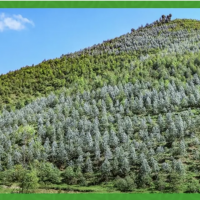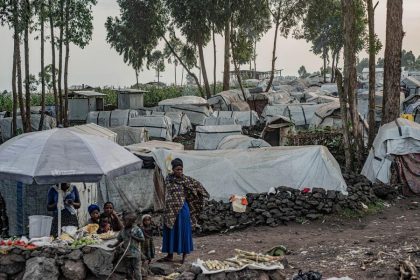Rwanda has been rebuilding itself over the last two decades and doing a very good job of it. On this everyone is agreed, even those who feel great pain that this is happening.
People may disagree about the methods of rebuilding, or may not like, even loathe, the person behind it, but the fact of it is indisputable.
Most of what has been observed and commented on has been the visible part – the roads, buildings, schools and hospitals, ICT infrastructure and so on. It is easy to see why.
These are easily measurable. Reports abound, with figures to show progress in diverse fields. Their impact on people is also evident.
However, there are other equally important aspects of nation-building that have been going on without attracting the same amount of attention. For instance, we have seen a cultural revival in Rwanda on the scale of the economic progress the country has made.
But it has not been as loudly heralded, perhaps because its impact is largely spiritual.
The revival is not for its own sake or even a symbol of some isolated thing. It is part of the renewal of the nation, and has to do with what culture actually is.
The essence of culture was very well captured at Rwanda Day in San Francisco last year. Culture, it was noted, is the spirit and soul of a people. It gives them identity, character and self-worth, and drives their ambitions.
Without it they are hollow and rudderless. It is the glue that holds people together. Without it they come unstuck, drift apart and get lost. It is the source of their resilience and the desire to change their condition and build better lives.
In this sense, there is a direct connection between economic progress and cultural revival. Each helps build the other.
It is, therefore, no coincidence that cultural activity has never been as vibrant as it is today.
The music scene, for instance, has never seen greater creativity in terms of output and range of genres, quality and appeal, and reach that goes beyond national borders.
Even the nascent film industry, and performing arts, in general, has such promise that it can only grow stronger. It cannot be very long before locally made films knock Nigerian and Mexican soaps off local TV stations’ programmes.
The fine arts – drawing, painting and sculpture – are similarly producing high-quality work. Art galleries have grown in number. The only problem is that Rwandan buyers of artefacts remain few.
Local pottery and ceramics have transformed from producing utilitarian household items to making ornamental pieces. So has basketry.
There is even a burgeoning home-grown fashion industry and Rwandan models to show off the various creations.
On the poetry front, Spoken Word Rwanda has been at it for some time. This, in addition to the traditional Rwandan recitations we experience at social and public events.
In all these, there is no shortage of talent. It only needs to be honed.
We have just come back from a long weekend, courtesy of a cultural feast that has been revived. Umuganura or the feast of the harvest and Thanksgiving (it’s both) had been abolished. This is, of course, what you do when you want to kill the spirit of a people the better to control them.
Just like the nation, Umuganura was recently revived and given its rightful place, including a public holiday. The holiday bit is, of course, attractive to the majority of workers, but it is not its most important aspect. The significance of Umuganura lies in what it is.
It is at once a collective celebration of achievement – both individual and national – and an occasion to commit to even greater accomplishments.
It is a time of thanksgiving that our labour has borne fruit and a public sharing and enjoyment of the bounty of the nation.
In this sense, Umuganura has the role of promoting togetherness and belonging of the people and bringing the nation together both in a spiritual and material way.
Again, it cannot be a coincidence that at this time Rwandans are more united, more confident and proud of their country than ever before. It cannot be by chance that we see so much ambition and creativity, especially among young people.
This comes at a time when the country’s economy is growing when Rwandans have reclaimed their identity and rekindled their values as a nation. It comes at a time when they have revived their culture.
With all this happening, the country can only grow stronger.
jorwagatare@yahoo.co.uk
@jrwagatare
The Express News










